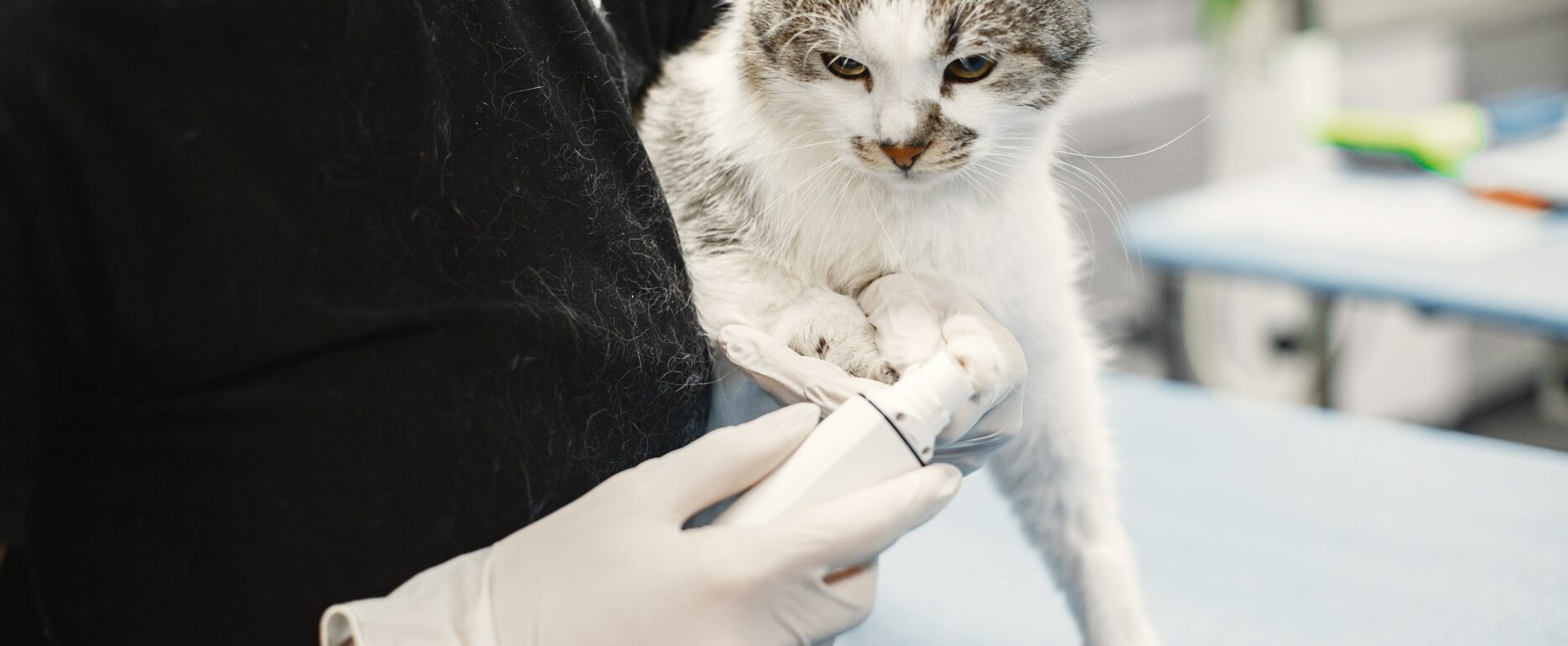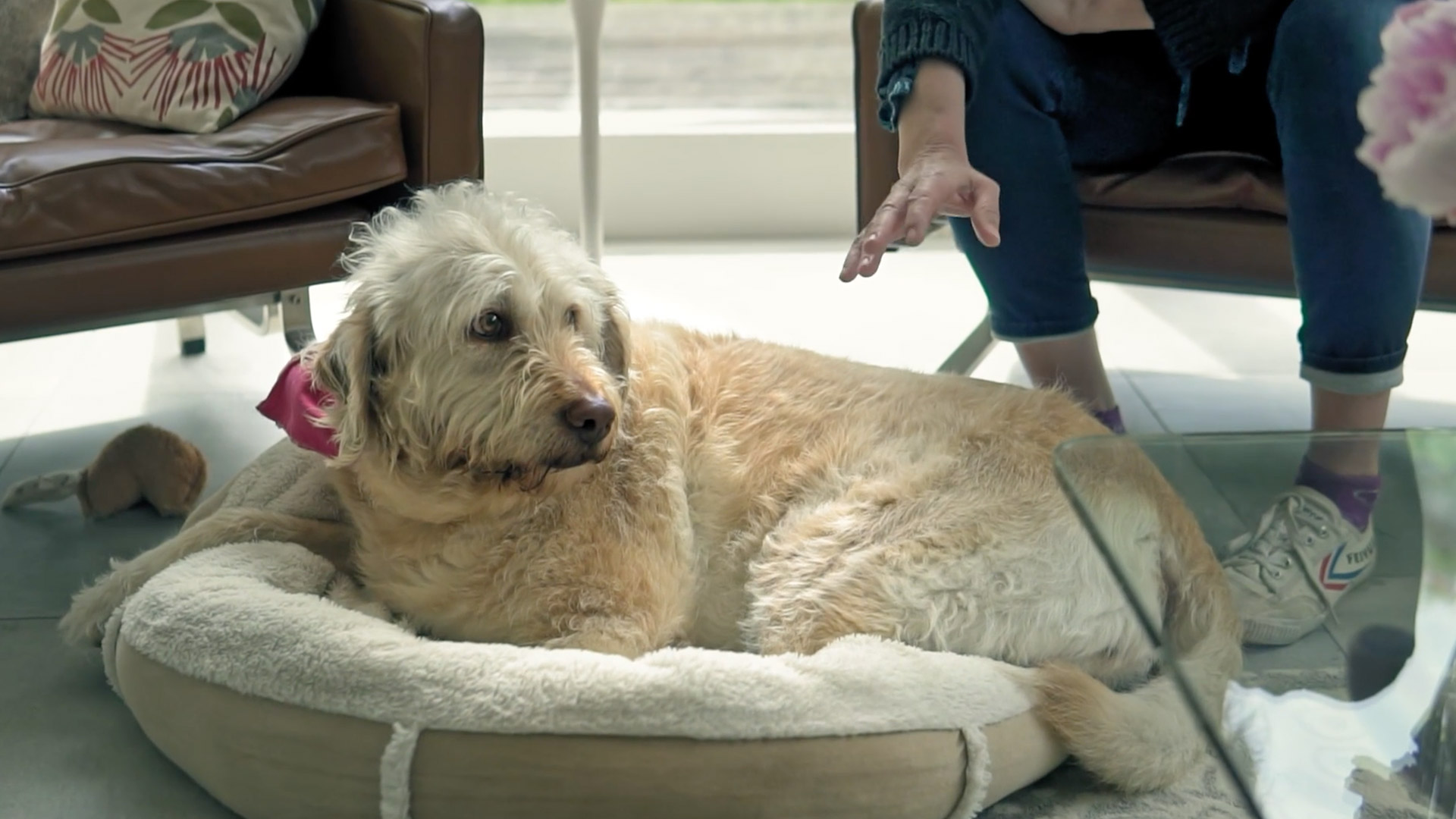The regular basics
These are the maintenance-type visits – the basic veterinary care every animal needs to keep them happy and healthy. These visits begin the day you bring your pet home, and continue for their lifetime!
Plan for 1-2 ‘wellness visits’ each year
Ideally, your vet likes to see your pet at least once a year, preferably two, even when they’re healthy. (Remember, your pet is ageing faster each year than a human).
These visits include:
- general health check-up. It’s also a chance for your vet to notice any small problems before they develop into anything bigger.
- vaccinations. These are critical to ensure your pet is protected against common diseases – some of which are life-threatening. Some vaccinations are required annually, others are every 3 years.
- worming & flea treatments. Your vet can advise on the best at-home treatment regime, and check that everything working.
Plus extra visits for minor sniffles & scrapes.
When you’re worried about that runny eye, itchy skin, or sore paw – you’ll probably want to get it checked out. (At the very least, contact your vet clinic and explain the issue. They may advise you to bring your pet in).
 TIP
TIP
Many clinics offer ‘nurse wellness checks’ which are run by veterinary nurses. They’re a great way to check in on the basics such as weight, skin, teeth, ears & eyes.



